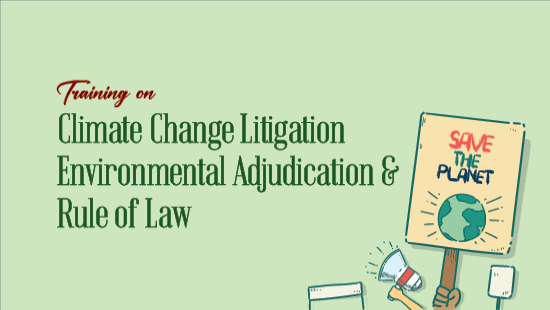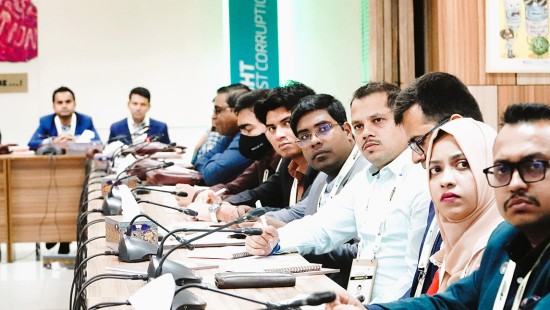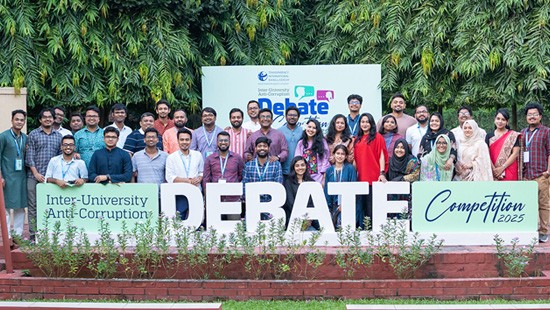Published: 09 December 2023

As the curtain rose on the Transparency International Bangladesh's (TIB) annual Anti-Corruption Investigative Journalism Awards, a poignant narrative unfolded, weaving together the echoes of colonial-era censorship and the modern constraints on speech.
In the heart of this dialogue, the dire consequences of media suppression, enforced silence, and a pervasive culture of fear were laid bare, casting a shadow on the foundations of democratic values and hinting at a toll on societal progress. The focal point of the ceremony was a paper titled 'Media, Freedom of Speech, and Investigative Journalism: Bangladesh Context.' The paper pulled back the curtain on the normalization of 'self-censorship' within the media industry.
With a spotlight on stringent laws like the Digital Security Act and the Cyber Security Act, combined with unchecked power, the discussion illuminated a landscape where corruption and irregularities were systematically buried, giving rise to an environment fraught with fear, repression, and severe repercussions.
The grim reality came to light, as the speakers recounted instances of journalists facing assault and fatal outcomes with impunity while exposing corruption. Shockingly, one of this year's awardees became the victim of a brutal attack while documenting the very report that earned recognition.

The discussion underscored how journalists had become primary targets within corrupt power structures, turning journalism into one of the most perilous professions globally, transcending boundaries beyond Bangladesh.
The evidence of this culture of suppression manifested in the dwindling number of submissions for this year's awards, serving as a poignant testament to the chilling effect on freedom of expression. While this suppression might momentarily shield wrongdoers, its enduring consequences pose a severe threat to democracy.
Additionally, the speakers spotlighted instances of violence against journalists stemming not just from political groups, but also from traders, bureaucrats, and other factions, particularly when exposing corruption. Amidst these adversities, the speakers commended the courage of journalists who persist in their work.
TIB Executive Director Dr. Iftekharuzzaman in his speech cast light on the prevailing "shoot the messenger" mentality among the powerful entities in Bangladesh.
He emphasized the silencing of critics by treating them as adversaries of the state and the political apparatus, fostering an atmosphere of imposed self-censorship that jeopardizes the prospects of a democratic and accountable government.
Dr. Zaman also stressed the government's responsibility to cultivate an environment conducive to open discourse against corruption and free expression of opinions, advocating for a democracy that prioritizes freedom of speech, transparency, and accountability over a myopic 'development-first, democracy-later' approach.
TIB regarded journalists as comrades in the battle against corruption, and the annual Anti-Corruption Investigative Journalism Awards served as an inspiration in a world where their efforts often go unnoticed and are ruthlessly targeted by power-holders.
Over 25 years, TIB has presented these awards, receiving 1,381 reports from journalists. The awards, more than a recognition, become a beacon of resilience for those who dare to challenge the shadows and bring truth to light in the face of adversity.
This year's recipients were honoured with awards and prize money for their investigative work spanning various critical topics, including counterfeit pharmaceuticals, police corruption, fraudulent clinics, and corruption within the government’s labour directorate.
For details on TIB's Anti-Corruption Investigative Journalism Awards, visit- ti-bangladesh.org/ija







